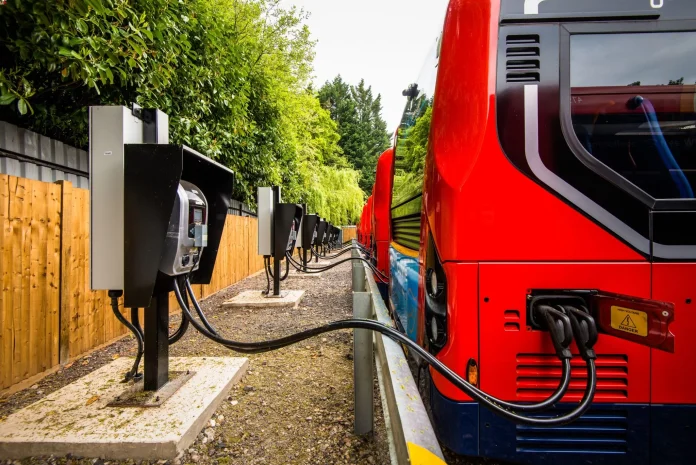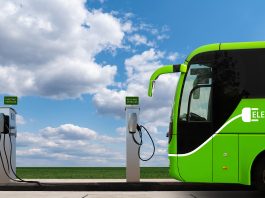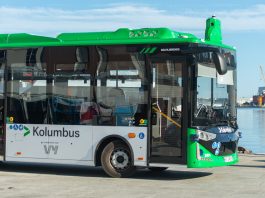Zenobē has announced it will receive £41.7m in funding to expand the use of electric buses in Scotland.
Announced as part of phase 2 of the Scottish Zero Emission Bus Challenge Fund (ScotZEB) by John Swinney, the First Minister of Scotland, Zenobē, along with a network of local fleet operators, will work to drive the electrification of buses nationwide.
Swinney commented: “Tackling the climate crisis and eradicating child poverty are two of the Scottish Government’s main priorities, and supporting zero-carbon buses as a sustainable means of public transport across Scotland will contribute to achieving both by connecting communities and opening up economic and social opportunities.
“This investment will deliver 100 new inter-city bus routes and reduce greenhouse gas emissions by more than 600,000 tonnes over the lifetime of the fleet by encouraging more people to swap the cars for efficient public transport, which is crucial if we are to reach net zero by 2045.
“Every £1 from the Scottish Government will leverage £3.20 of private sector investment – demonstrating that our shared decarbonisation goals can be met by working together and that the private sector is now leading the way on removing carbon emissions from our bus and coach fleets.
“All bus and coach operators, including those operating in smaller towns and communities, will benefit from both the novel approach to financing and the Scotland-wide charging network that will be delivered, helping other modes of transport make the switch to electric vehicles too.”
Funding the zero-emission transition
Zenobē will spearhead a consortium aimed at reducing the upfront and lifetime costs of electric bus fleet operations.
By providing tailored financing, crucial infrastructure, and ongoing support, Zenobē will facilitate the transition to zero-emission vehicles for a network of operators.
Major expansion of electric buses
The funding initiative will support eight small to medium-sized enterprises (SMEs), mid-market, and major operators in transitioning their fleets.
This effort will introduce over 250 electric buses in Scotland, boosting the nation’s e-bus count by 40% by the end of 2026.
This project is in addition to the 110 electric vehicles Zenobē already supports in Scotland and is part of the company’s £750m investment in battery energy storage systems in the region.
Consortium members and infrastructure
The consortium includes D&E Coaches, Ember, Hairy Haggis, Maynes Coaches, McGills, NHS Greater Glasgow and Clyde (GGC), Premier Coaches, and Stagecoach.
These operators will also open their new charging infrastructure to third-party fleet operators. This move will create a Scotland-wide rapid-charging network, enhancing connectivity for buses, coaches, and heavy goods vehicles (HGVs).
Environmental impact
The introduction of these new electric vehicles is projected to prevent 605,595 tonnes of CO2 emissions over their 15-year lifespan.
This reduction will contribute significantly to cleaner air and healthier communities across Scotland.









